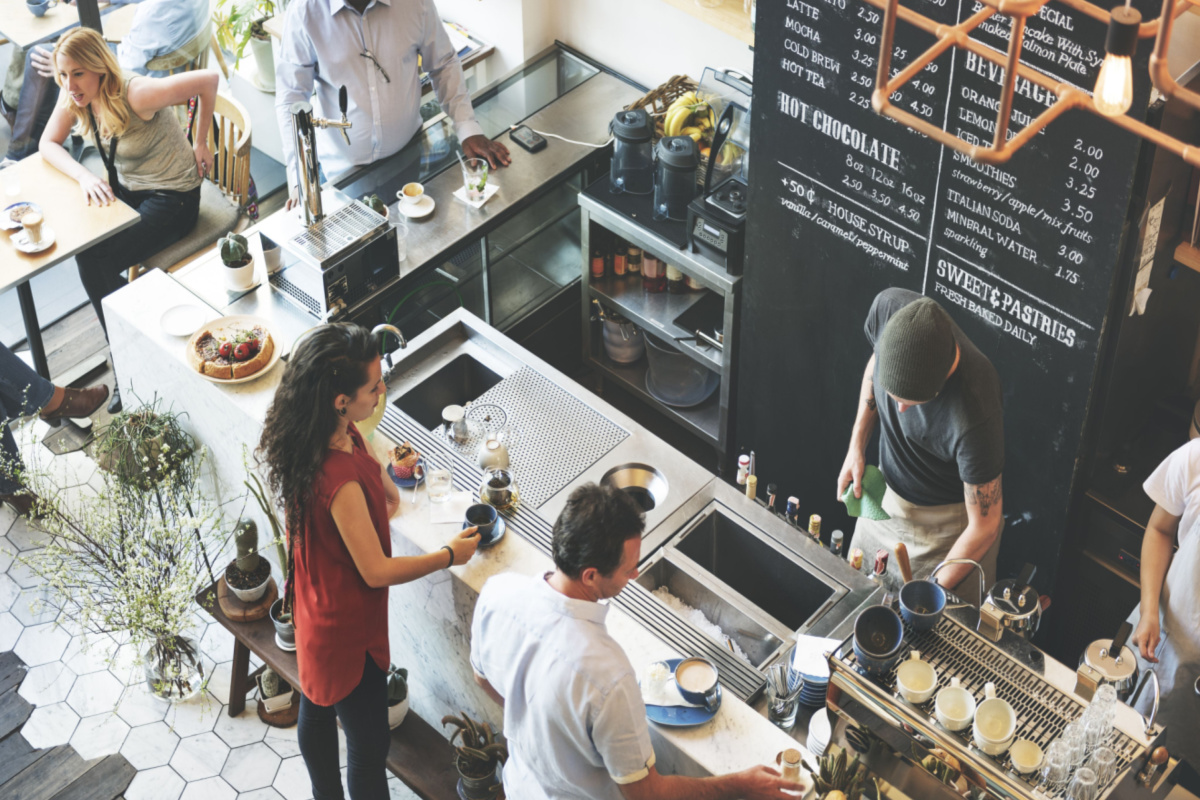Grocery shopping is an essential part of everyone’s life. Nonetheless, setting a budget for your grocery expenses is also necessary, especially if you are trying to save money. Even though some people may find it challenging to shop on a budget, there are different ways to be savvy shoppers. Below are some tips for shopping on a budget.
Avoid Convenience Stores
Convenience stores tend to sell the same product at a higher price than supermarkets. Therefore, avoiding convenience stores could save you a couple of pounds every month. Instead, consider shopping in stores such as Lidl and Aldi to benefit from lower prices. Moreover, consider grocery shopping every week to avoid daily visits to the convenience store.
Write a Shopping List and Stick to It
Write a shopping list and stick to it to avoid getting distracted by other products. For instance, grocery stores purposefully place essential products such as milk, bread, and laundry detergent very far from each other to unconsciously force you to walk through all the aisles and purchase more products. Consequently, writing a shopping list will help you resist temptation, stick to your budget, and avoid overspending because you know what you need to purchase.
Shop Online
Consider online shopping if you can’t help but browse and give in to impulse purchases. Online grocery shopping can help you stick to your list more effectively and avoid distractions. Moreover, most online grocery stores offer coupons and cashback. For example, most online grocery stores send you a discount code when you abandon your shopping basket to encourage you to complete your order. However, most online shopping stores include a delivery fee or subscription. Nonetheless, you can still save time and money on gas by opting to do your grocery shopping online.

Join Free Supermarket Loyalty Schemes
Loyalty programs are beneficial for consumers, especially those who want to shop on a budget. So, if you regularly shop at the same supermarket and have a free loyalty scheme, consider signing up to unlock discounts, exclusive offers, cash back, and other special promotions. Ultimately, joining the loyalty scheme could save you hundreds of pounds on your groceries over a year.
Never Shop When Hungry
Going grocery shopping on an empty stomach may be a bad idea, even if you have your shopping list prepared. When shopping on an empty stomach, chances are you may end up overspending and buying things you don’t need. Moreover, other than making poor financial decisions, you may make poor nutritional choices and buy unhealthy cravings. Therefore, avoid visiting the supermarket on an empty stomach so you can better stick to your list and shop healthy on a budget.
Write a Meal Plan
Meal planning can help you know how much money you’re spending on food. Before you go to the grocery store, write your meal plan for the week, and check your pantry to see if there is an ingredient missing you need to buy. Then, as stated previously, make a list of things you need to buy and stick to it. Writing a meal plan is also an effective way to incorporate ingredients you already have and avoid spending money. Moreover, it reduces the impulse buying of unnecessary groceries and the amount of food you waste.
Know The Difference Between ‘Best-Before’ and ‘Use-By’ Dates
Knowing the difference between ‘best-before’ and ‘use-by’ dates is essential to avoid throwing away food unnecessarily. ‘Best-before’ dates indicate that the food is still completely edible after the date but may lose flavour or texture. In other words, the date states when the food is of optimum quality according to the manufacturer and has nothing to do with safety. ‘Best-before’ dates apply to cereals, sugar, canned foods, and frozen meals. Also, foods near their ‘best-before’ date are often heavily discounted, so you may want to keep an eye out.
On the other hand, ‘use-by’ dates signify that consuming the item beyond that date imposes health risks even if it looks and smells all right. Typical foods to watch are dairy products, eggs, and fish.
Choose Generic Brands Over Name-Brands
Retailers offer generic brands at lower prices than name-brand products. Nonetheless, generic brands are often as good, if not better, than name brands. Sometimes, you can’t tell the difference because they are usually made by the same factories and stored in different packages. Therefore, consider purchasing generic brand products as a lower-priced alternative when shopping on a budget.
Check the Top and Bottom Shelves
Grocery stores often place their less-profitable items high and low on shelves, keeping the most profitable products at eye level. Check the top and bottom shelves to find more affordable products and search different aisles if necessary.
Consider Eating Less Meat
Buying good quality meat can be expensive. Therefore, when shopping on a budget, consider substituting your meats with plant-based proteins, such as beans and lentils, which cost a fraction of animal protein. If you don’t want to remove meat from your diet altogether, try cutting back to save money. For instance, you can treat yourself to meat-based meals three times a week rather than daily.
Buy Seasonal Fruits and Vegetables and Chop Them Yourself
People who shop on a budget usually purchase seasonal fruits and vegetables because they are relatively cheaper than imported produce. Moreover, avoid buying them in packaging because you will unnecessarily spend money on something that will end up in the trash bin. Lastly, chop your fruits and vegetables at home because prechopped produce comes at a higher price.
Use The Cash Envelope System
The cash envelope system requires keeping a specific amount of cash tucked away in envelopes for different spending categories, such as groceries, personal care, entertainment, and dining out. This system lets you know how much money you have in each budget category for the week and will enable you to control the urge to overspend or borrow money.
Sum up
People who shop on a budget set a specific amount of money that they will spend and ultimately stick to it throughout the trip. So, to make shopping on a budget easier, identify an affordable grocery store and join their free loyalty scheme to benefit from exclusive discounts, cashback, and promotions.
Then, of course, use your grocery list to make sure you’re not overspending. Also, make sure that you check your pantry and fridge before you head out because you may be surprised at what you already have on hand before you start filling up those grocery bags.
Lastly, don’t feel discouraged if the first trip doesn’t yield stellar results: trial and error are part of the process. Once you have a system that works for you, it will only be a matter of time before it will become second nature to incorporate these simple steps into your routine.
Table of Contents
- Avoid Convenience Stores
- Write a Shopping List and Stick to It
- Shop Online
- Join Free Supermarket Loyalty Schemes
- Never Shop When Hungry
- Write a Meal Plan
- Know The Difference Between ‘Best-Before’ and ‘Use-By’ Dates
- Choose Generic Brands Over Name-Brands
- Check the Top and Bottom Shelves
- Consider Eating Less Meat
- Use The Cash Envelope System
- Sum up
